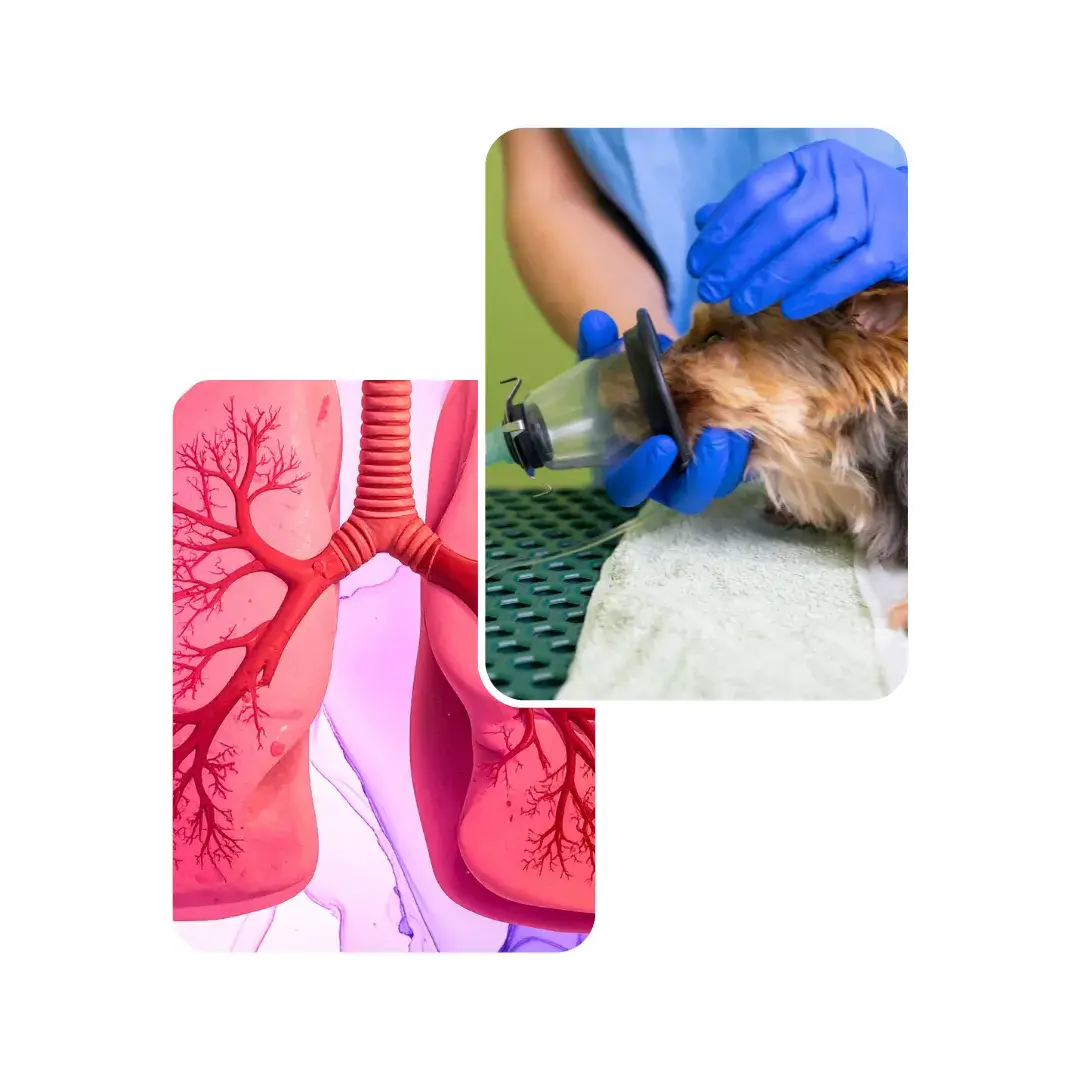

Infections, allergies, airway collapse, or heart disease are the main causes. Some breeds are genetically predisposed.
Persistent coughing, noisy breathing, or tiring easily during walks are common signs. Blue gums or collapse require immediate vet care.
Yes, infectious conditions like kennel cough and pneumonia can spread between dogs through droplets or shared air.
It can be. Severe infections or airway collapse can stop breathing without quick treatment.
No. Dogs need proper diagnosis and care. Home remedies often delay treatment and worsen the condition.
Cold, damp weather can worsen symptoms but usually doesn’t cause them directly. Weak immunity makes dogs more vulnerable.
Yes. You can explore more about dog problem and treatment on our dog page to stay informed and prepared.
Your pet deserves expert care – Subscribe now for trusted tips and updates from our pet experts.
